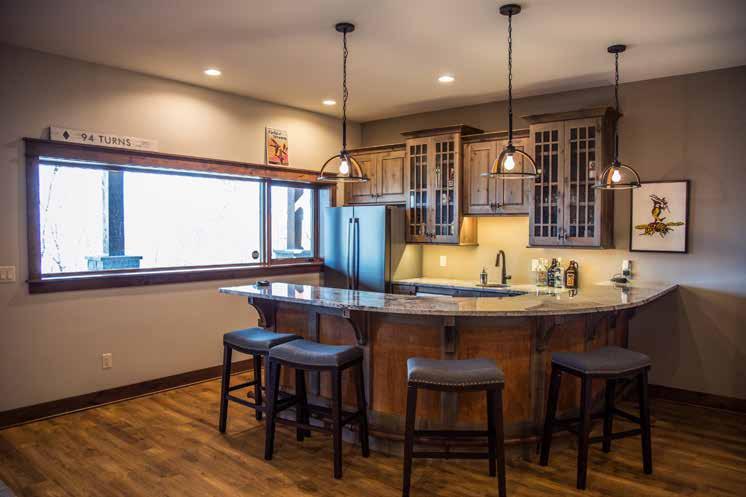
2 minute read
Building a sound financial world
Take these financial steps to peace of mind
include the rent or mortgage, insurance payments, car payments, utility bills, etc. — everything that needs to get paid every month to keep you in your home and keep the heat on and the car running. These expenses do not include things like manicures or eating out. We’ll talk about those in a minute. So once you have the list of all the required bills, add in the amount you need to put in savings every month for those unexpected things. Then take a look at your credit card debt and calculate how much you need to pay on those every month to get them paid off; we suggest in five years or less. Pay the cards with the highest rate interest first. So all of these three categories need to be in your monthly budget — required bills, savings and credit card payments. And you need to set aside money for these from every paycheck. Over time you will also want to add in a larger cushion to savings for the big unexpected events like the loss of a job.
Now back to the mortgage, student loans and the car payment. The minimum goal on the mortgage is to get it paid off before you retire. Shoot for a 10-15 year paydown on student loans unless the interest rate is above 6% — then add it to those credit card payments and get it done, if possible, in five years or less. Car loans are usually for four to six years and, depending on your credit, should have a fairly low interest rate, so pay those down over the life of the loan.
Now you will need to consider any risks that could seriously run your budget and lifestyle off the rails such as the death of a spouse or partner. So review your life insurance needs and add the cost of any coverage in to your budget.
After this, you will want to add in what is needed for gas, groceries, etc., every month. And if there is extra after that, then you need to get serious about saving for retirement. If at all possible, put enough in your retirement plan at work to get any match that is offered. Then sit down with a financial advisor to see what else you need to be doing to meet your retirement goals. Once all of these pieces are in place, you can start adding in those manicures, nights out etc., into your budget. In the meantime, don’t deprive yourself of everything, but be practical about how you spend your money. Having a budget that is in control will give you a feeling of empowerment and peace of mind.
I know this sounds like a lot to consider, but once you get the pieces in place, it will feel really, really good to have your budget and retirement plan in control and on track. A financial advisor can walk you through all of these steps and get you on the road to a sound financial future. So plan carefully and enjoy the confidence that comes with having a sound financial plan. D
Anne Holy is a Financial Advisor, Jade Swanson an Advisor Associate, for Waddell & Reed, Inc.
This article is meant to be general in nature and should not be construed as advice or a recommendation related to your personal situation. Waddell & Reed does not provide tax or legal advice. Please consult with a professional provide to making any financial related decisions. The article is provided by Anne Holy, Financial Advisor and Jade Swanson, Financial Advisor with Waddell & Reed. They can be reached at 218-727-1508. Waddell & Reed, Inc., Member FINRA/SIPC.











